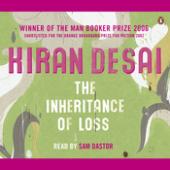 One of the greatest gifts parents can give their children is the love of reading. As stated by the National Year of Reading promotions, “Even just 10 minutes a day, an hour over the week, will give most students the chance of becoming a better reader, with all the social and educational benefits that brings.” (From http://www.thereadinghour.org.au)
One of the greatest gifts parents can give their children is the love of reading. As stated by the National Year of Reading promotions, “Even just 10 minutes a day, an hour over the week, will give most students the chance of becoming a better reader, with all the social and educational benefits that brings.” (From http://www.thereadinghour.org.au)
The Reading Hour was officially held over this weekend, 25th August 2012, nominally from 6-7 pm, encouraging families to pick up a book at that time. With lots of variations to that timing, and lots of different activities promoted by public and school libraries, there must have been many pages turned.
It is hoped that we can try to move towards some of the aims of the National Year of Reading which include:
- Sharing a book with your child for 10 minutes a day
- Restoring some of that work-life balance by taking a break with a book at lunchtime
- Getting together with friends to read and talk about your favourite books
- Incorporating a reading hour in the school week
Personally, I picked up the classic, The Great Gatsby, which I was drawn back to having recently reviewed the graphic novel version by Nicki Greenberg. (It was interesting that I still envisioned many of the characters in the forms drawn by Greenberg!)
What did you read, either on Saturday night, or for an extended period of time in the last week (excluding the weekend papers…)?


